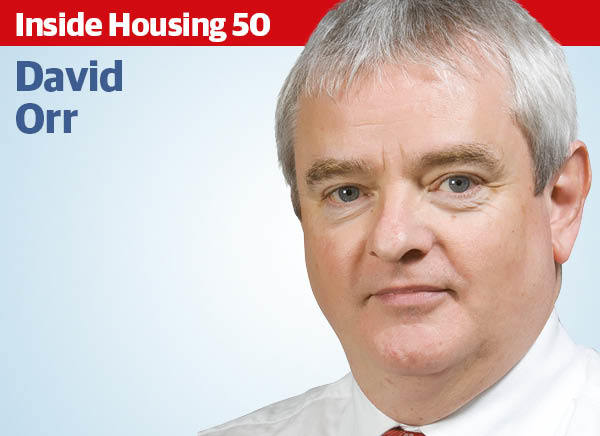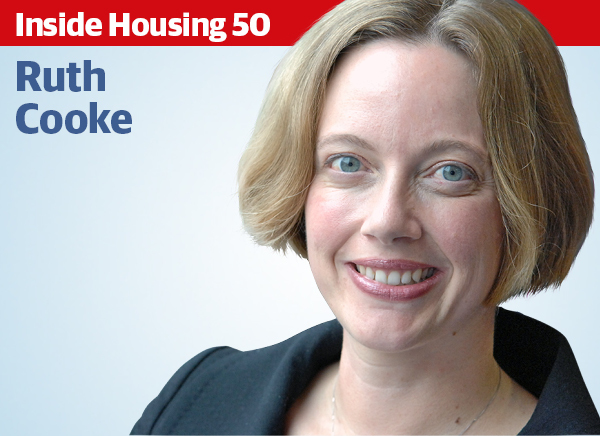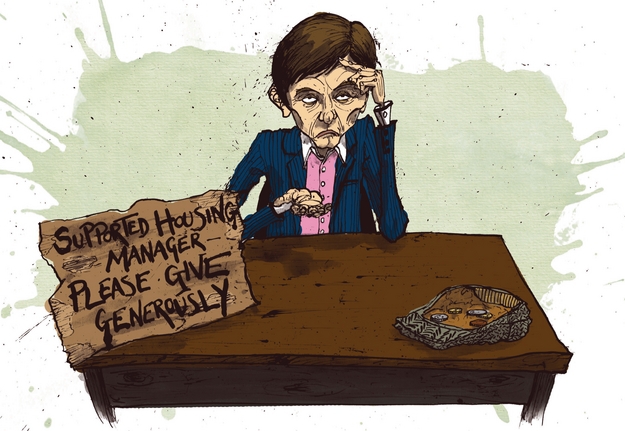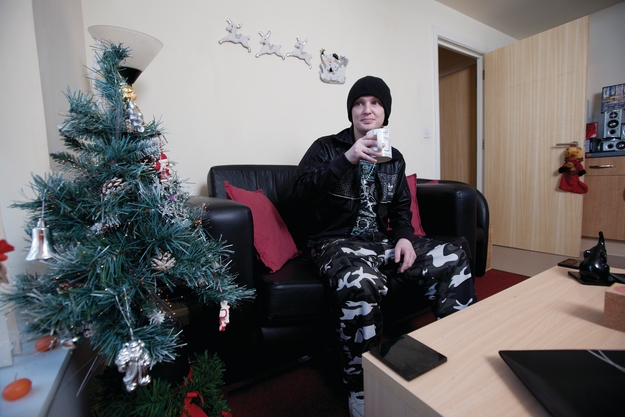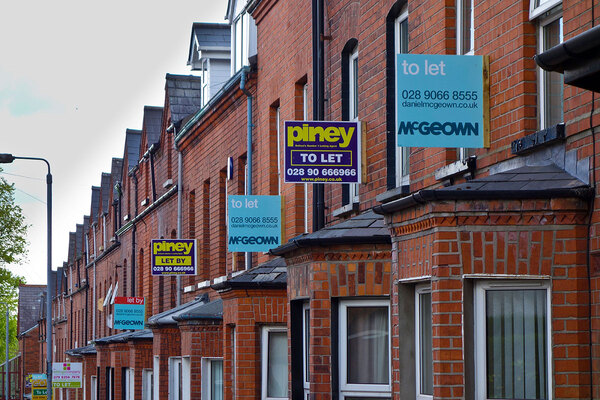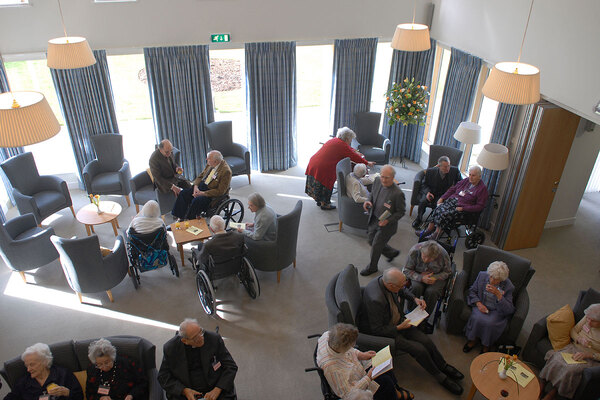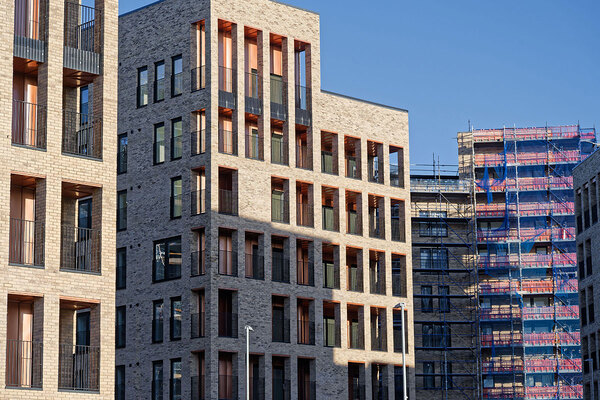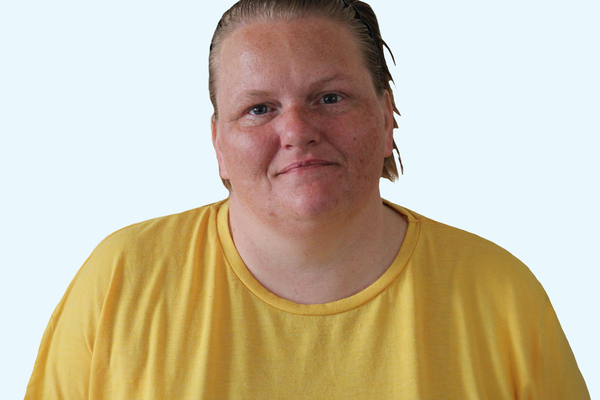
Supporting services
Capping housing benefit for the most vulnerable in our communities could have catastrophic consequences, says Terrie Alafat

What will happen if the housing specially designed to support the most vulnerable people in our communities disappears?
Where will older people, people with learning disabilities or mental health needs and people who have been victims of domestic violence be able to turn?
These are questions ministers must ask themselves – because there is a very real possibility that supported housing will simply collapse if the government does not exempt it from plans to cap housing benefit for social housing at Local Housing Allowance (LHA) rates (the amount of housing benefit people living in the private rented sector are able to claim).
LHA is limited to the cheapest 30% of private rents in the local area. But because rents in supported housing tend to be higher – reflecting the extra costs associated with the additional management and extra facilities needed – organisations that provide supported housing could be left with huge shortfalls and projects may be forced to close.
We’ve met with a range of housing providers to gather evidence of the potential impact of extending LHA to supported housing.
One social landlord with a large care and support arm estimated that it will cost them upwards of £18m a year – making schemes unviable – while another said it would be left with a £9.5m shortfall. One local authority has estimated a loss of more than £200,000 a year for a single extra care scheme alone, with a shortfall of up to £67 per week for each home.
“If supported housing begins to disappear, other areas like health, social care, and our emergency services will have to pick up the strain – and the cost.”
No wonder then that social landlords are warning that their existing supported housing schemes will quickly become financially unviable – and of course any future projects will also be at risk because lenders are unlikely to be willing to provide finance for a scheme whose income stream has been cut from under it.
The government has estimated that capping social housing benefit at LHA rates will save £515m from 2018 to 2021 – but have ministers taken into account the cost of supported housing schemes being closed down?
If the extra care scheme example above was not sustainable, the alternative for at least some of the residents is likely to be residential care, with average costs of more than £500 a week.
If supported housing begins to disappear, other areas like health, social care, and our emergency services will have to pick up the strain – and the cost. And that is looking at it in purely economic terms – the human cost will of course be huge.
The number of vulnerable people living on the streets will increase. Older people will be left without the support they need. People who have been victims of domestic abuse will be unable to escape.
That’s why we’re calling on the government to exempt supported housing from the extension of LHA.
We know that housing providers have been working hard to demonstrate the potential impact of the current proposal – today’s research from the National Housing Federation has shown that four in 10 schemes which provide a home to the most vulnerable could be forced to close their doors.
MPs are due to discuss the issue during an opposition day debate tomorrow, and Inside Housing has suggested that the government could announce whether or not an exemption will be granted.
This is an opportunity for ministers to make sure potentially catastrophic consequences don’t come to pass by making the right decision and making it now.
Terrie Alafat, chief executive, Chartered Institute of Housing


